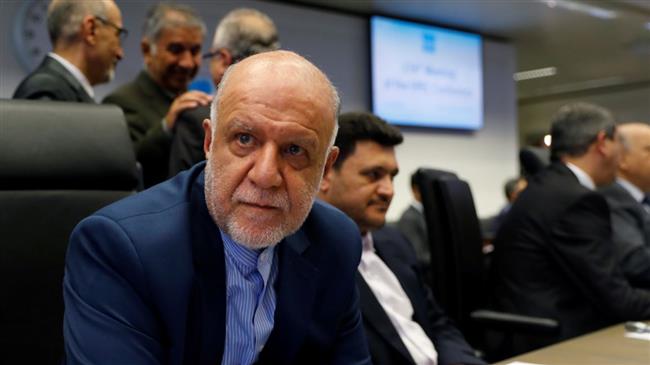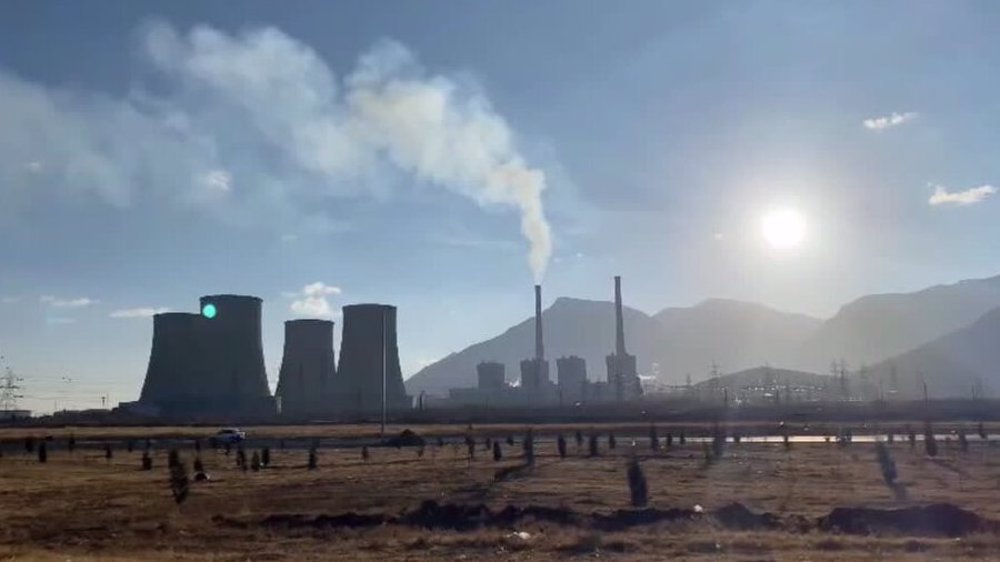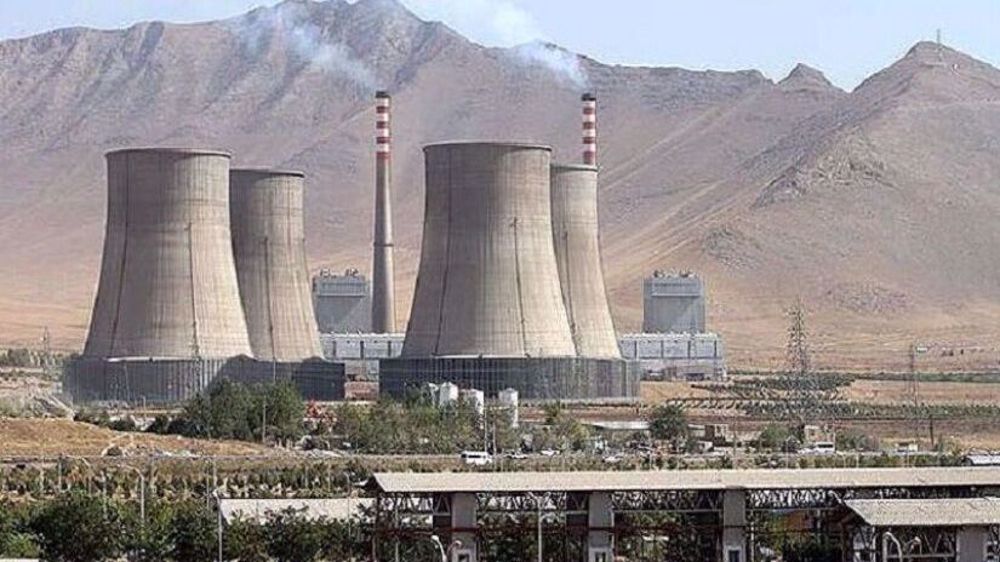OPEC meeting among group's 'worst ever': Iran's Zangeneh
Iran’s Minister of Petroleum Bijan Zangeneh says an OPEC meeting on Friday was one of the group’s “worst ever” after it failed to reach an agreement on more oil cuts.
“This OPEC summit was among the worst meetings I have ever seen during the history of this organization,” Zanegneh told reporters. “It was a pretty difficult session which had almost no outcome.”
OPEC, Russia and other producers, a group known as OPEC+, failed to agree on purposed oil cuts on Friday.
The proposal sought an additional 1.5 million barrels per day (bpd) of oil cuts until the end of 2020 to adjust crude prices to falling international energy demands following the global coronavirus outbreak.
Russia, a non-OPEC member, however, argued that it was too early to predict the impact of the outbreak.
Speaking on Friday, Zangeneh whose country is a member of OPEC but exempted from any oil curbs, said the summit failed due to disagreements specifically between Saudi Arabia and Russia.
“Six hours of private negotiations took place but Russia and Saudi Arabia weren’t able to reach a conclusion,” he said.
“Certain members of OPEC insisted that non-OPEC members had to participate in the oil production cuts, which they, in return, did not accept,” he added.
Zangeneh stressed that parties participating in the negotiations should be flexible, adding that “otherwise everyone will face negative consequences”.
The Iranian minister stressed that oil cuts previously agreed to by OPEC members had also not been extended due to the failure of the session.
Zangeneh said holding another meeting soon between OPEC and non-OPEC members will be difficult because of coronavirus health concerns but agreements can be reached by videoconference.
The Friday summit had also sought the extension of a 2.1 million bpd oil cut previously agreed by the OPEC + members, meaning the proposed total of the cuts envisaged on Friday would have been 3.6 million bpd or about 3.6% of global supplies.
The existing oil cut, however, will expire in March, allowing OPEC+ members to pump at will in an already oversupplied market.
News of the OPEC summit’s failure has since sent the price of benchmark crude into a tailspin, with oil prices down more than 6% at $47 per barrel on Friday.
‘Ethnic cleansing’: Hamas blasts Israeli attacks on Gaza hospital amid intl. silence
Saudi delegation meets HTS leader at presidential palace in Damascus
Relentless Israeli ceasefire violations justify need for self-defense: Lebanese MP
Tel Aviv tells Damascus Israeli forces will remain in occupied territory: Report
Dec. 22: ‘Axis of Resistance’ operations against Israeli occupation
‘Abhorrent’: Oxfam says only 12 trucks delivered aid in North Gaza since Oct.
VIDEO | Leader receives religious eulogists on Hazrat Fatima birth anniv.
Pope Francis slams Israel’s ‘machine-gunning’ of Gaza children












 This makes it easy to access the Press TV website
This makes it easy to access the Press TV website